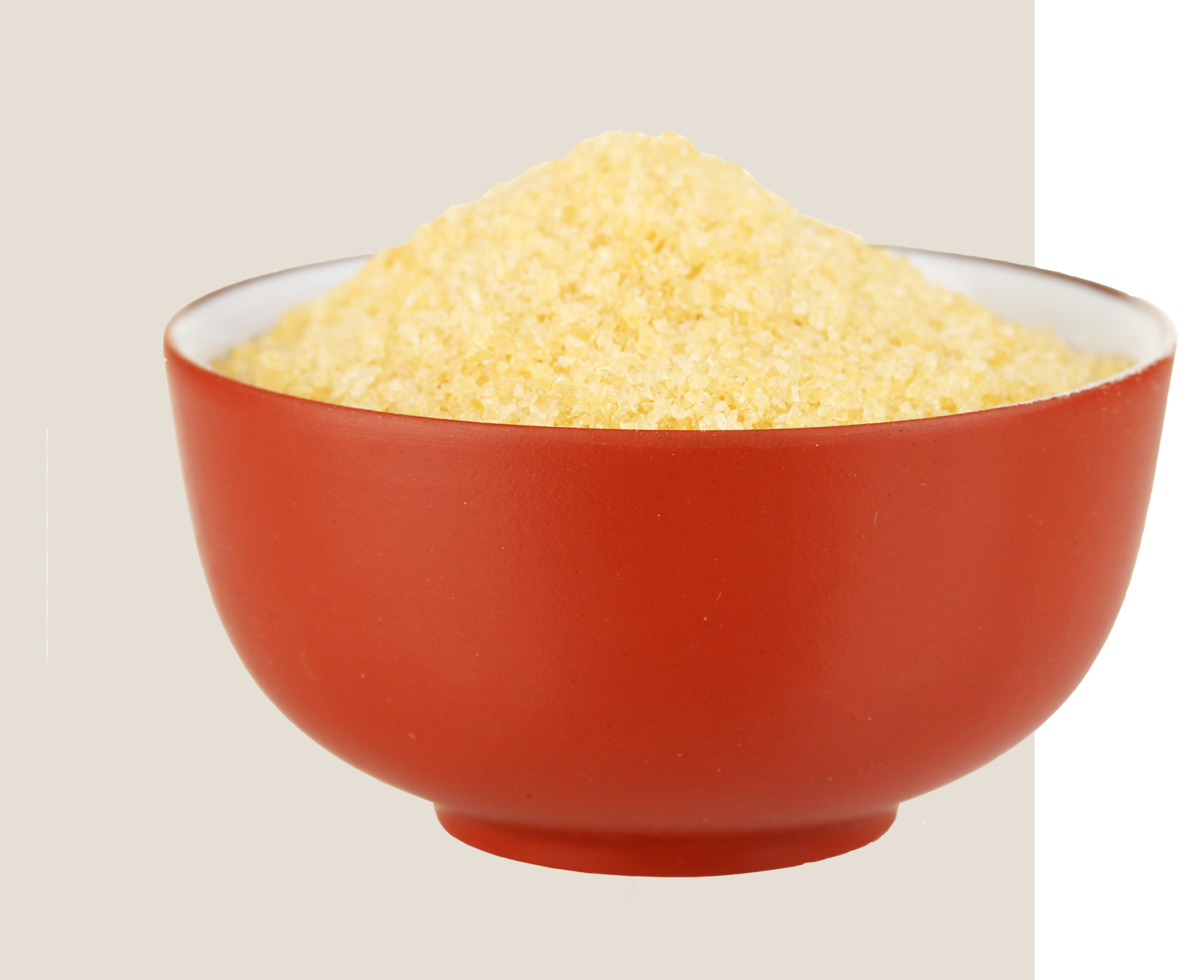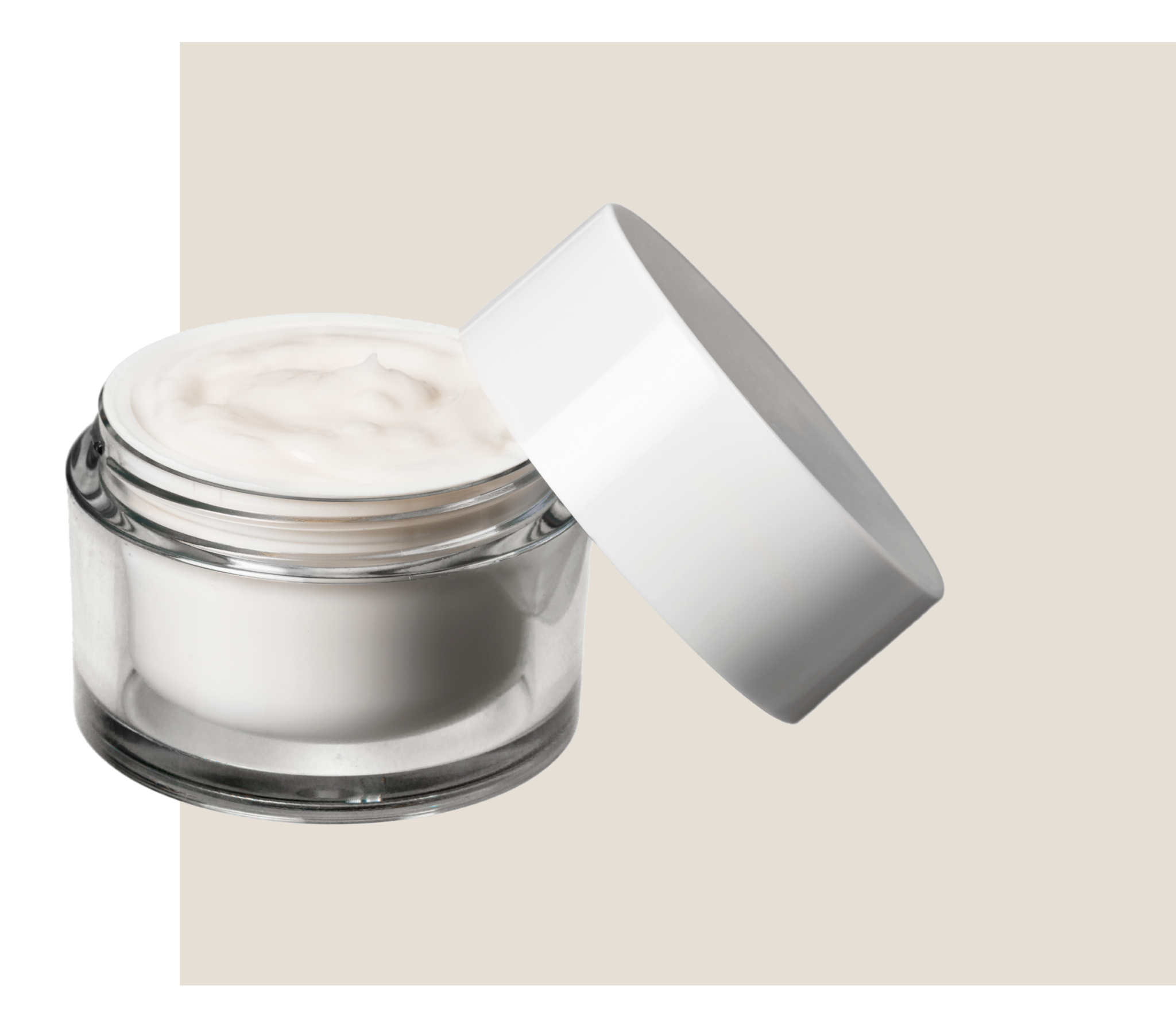Pharmaceutical gelatin
Gelatin is a key polymer in the pharmaceutical industry. It serves as a fundamental material for the production of capsules, which are currently one of the most popular forms of oral medication. The natural properties of pharmaceutical gelatin ensure that the capsules made from it are safe and neutral for the body, while also being resistant to moisture and external factors.

Pharmaceutical gelatin is a natural ingredient of animal origin, primarily used for producing drug capsules.
It is a safe polymer, well-tolerated by the human body, and virtually free of allergenic properties. Thanks to its excellent solubility, pharmaceutical gelatin easily releases active substances in the stomach, enabling the rapid therapeutic action of the administered medication.
Pharmaceutical gelatin is a unique component of capsules, providing protection for active substances against light, oxygen, and microorganisms. It is available in various viscosity levels, allowing flexible adaptation to production requirements. Moreover, pharmaceutical gelatin is resistant to a wide pH range, ensuring stable and efficient performance without the use of additional stabilizers, which further enhances its value in the pharmaceutical industry.

Pharmaceutical gelatin has earned its impeccable reputation for good reason. It is valued primarily for the convenience it offers to patients and its versatility in applications. Gelatin capsules are easy to swallow and have no taste or smell, making them ideal for individuals who struggle with taking oral medications. Thanks to their rapid dissolution in the body, they also ensure effective release of active substances, allowing medications to work faster and more efficiently.

Hard gelatin capsules consist of two cylindrical parts: a cap and a body, which securely snap together when combined.
Their composition includes pharmaceutical gelatin, water, and various excipients, such as glycerol, which provide the shells with the appropriate strength and flexibility. After ingestion, they dissolve in the stomach, releasing their contents within a few minutes, enabling the rapid and effective action of active substances.
Soft gelatin capsules are single-piece capsules with a flexible, soft shell that provides excellent sealability and durability.
In addition to pharmaceutical gelatin, their composition includes plasticizers that give them the appropriate flexibility.
Soft gelatin capsules are designed to hold liquid or semi-solid substances, such as oils, extracts, or vitamins.
Furthermore, their ability to dissolve quickly in the stomach allows for almost immediate release of the ingredients.

The production of soft capsules begins with the preparation of a gelatin mass, to which appropriate ingredients are added to achieve the desired flexibility and uniform shell structure. Simultaneously, the filling—an active substance in liquid or semi-liquid form—is prepared. Under precisely controlled conditions, the gelatin mass is formed around the filling, creating a single-piece, sealed unit. The capsules then undergo a drying process in specialized tunnels, and finally, they are polished. This final step ensures a smooth surface and an aesthetically pleasing appearance of the finished product.
In addition to being a key ingredient in capsules, pharmaceutical gelatin is also used as a stabilizer and emulsifier in various types of emulsions, as well as a gelling agent in suspensions and ointments. Recently, it has also found applications in 3D printing for creating complex layered structures, opening new possibilities in tissue engineering. Thanks to its versatility, it is considered an innovative and multifunctional component in pharmaceutical products.
Gelatin capsules must meet high GMP (Good Manufacturing Practice) quality standards and ISO standards, ensuring the safety and efficacy of the product. These requirements cover the entire production process—from the verification of raw material quality to the final packaging stage—guaranteeing that the capsules maintain stability, durability, and compliance with microbiological specifications. Importantly, their solubility is also tested before market release, as this helps determine the rate at which the medication’s contents are released in the stomach.
Pharmaceutical gelatin stands out for its versatility and natural origin, making it a valued ingredient in drug production. Derived from collagen found in animal tissues, it is biologically inert and well-tolerated by the body, minimizing the risk of allergic reactions. Its unique gelling properties enable the creation of durable capsules that effectively protect active substances from moisture and oxygen. Gelatin dissolves quickly at body temperature, allowing for the efficient release of medications. Additionally, by meeting high standards (GMP, ISO), pharmaceutical gelatin ensures the safety, purity, and stability of preparations throughout their shelf life.
Gelatin capsules are designed to dissolve quickly in the moist environment of the gastrointestinal tract. After ingestion, the capsule begins to absorb water, leading to its softening and breakdown. Under typical stomach conditions, this process takes 10 to 20 minutes, depending on the thickness of the shell and the capsule’s formulation. Factors such as pH, body temperature, and the composition of the ingested drug or dietary supplement can also influence the dissolution time.
Gelatin capsules, both soft and hard, are not vegan. They are made from pharmaceutical gelatin, a substance of animal origin derived primarily from collagen found in pig and cow skin and bones. People following a vegan diet should opt for capsules made from alternative ingredients such as hypromellose (HPMC) or pullulan. These substitutes offer similar gelling properties but are entirely plant-based.



